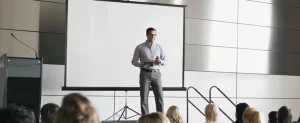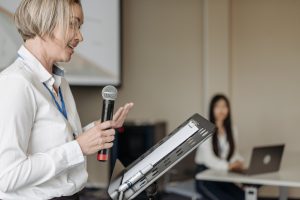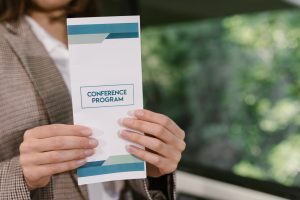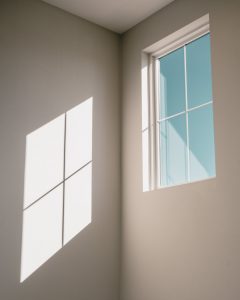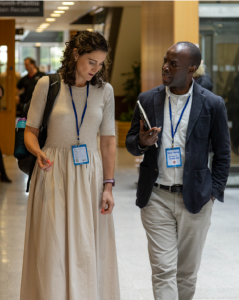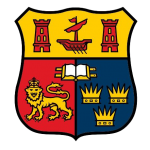
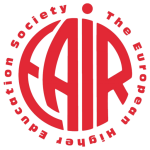
EAIR Forum Cork 2024
Track 4: Sustaining Resilient Quality Cultures in Higher Education
Track Chairs: Elizabeth Noonan, Saskia Ulrich, Dr Jannica Budde
External quality standards and guidelines at international and national level provide important reference points to guide the orientation and development of quality assurance and quality management approaches. As the importance of the social dimension of higher education has grown, this has been reflected in international, national, and institutional policy and strategies that have made values-based approaches; diversity and sustainability, more explicit elements of higher education cultures and missions.
International frameworks such as the Sustainable Development Goals and national diversity priorities are reshaping a broader definition of quality higher education in the 21st century. Within the European Higher Education Area, the European Standards and Guidelines ESG provide a means of enabling reflection, evaluation, comparison, and systematic improvement in the quality of higher education and are intended also to enable the social dimension of higher education. As quality management systems and methodologies have become embedded and continue to evolve within higher education, successful quality methodologies need to encompass organisational cultures, practices, and values to provide a meaningful frame of reference for staff engagement and institutional development.
This raises an important question about the extent to which established and emerging quality assurance methodologies at system and institutional level can promote and sustain resilient cultures of quality in higher education, inclusive of values of social cohesion?
This track invites contributions on the influence, impact, and scope of quality methodologies from system and institutional perspectives, indicatively:
- What leadership configurations, orientations and practice are important in establishing and sustaining resilient quality cultures in higher education systems and institutions?
- In what ways can quality assurance methodologies be developed to respond to changing system and/or institutional quality concepts, missions, and cultures?
- What mechanisms and information sources might be required for monitoring and evaluating a resilient quality culture? In what ways might this be realised?
- How can assurance and enhancement activities be balanced to support and sustain resilient quality cultures? What is the evidence for particular approaches or thematic areas that might be important in this regard?
- How can the voices and perspectives of important stakeholders such as learners, community and social groups inform and sustain resilient quality cultures?
- What are the implications arising from the different divisions of roles at systems level and the varying purposes of quality?
This track is chaired by:
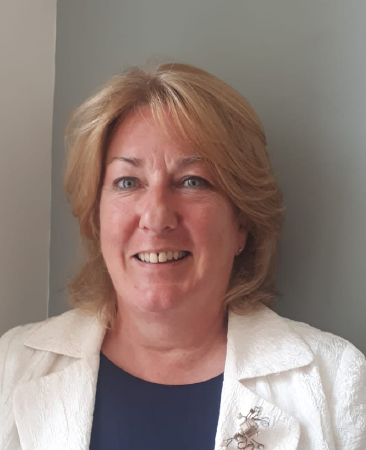
Elizabeth Noonan
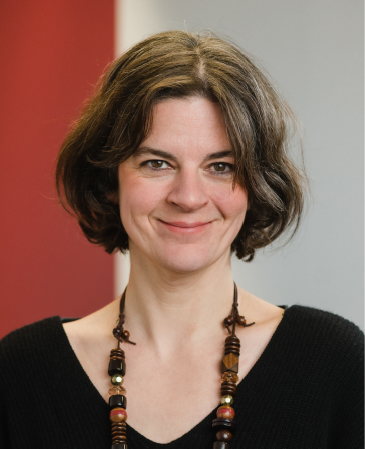
Saskia Ulrich



